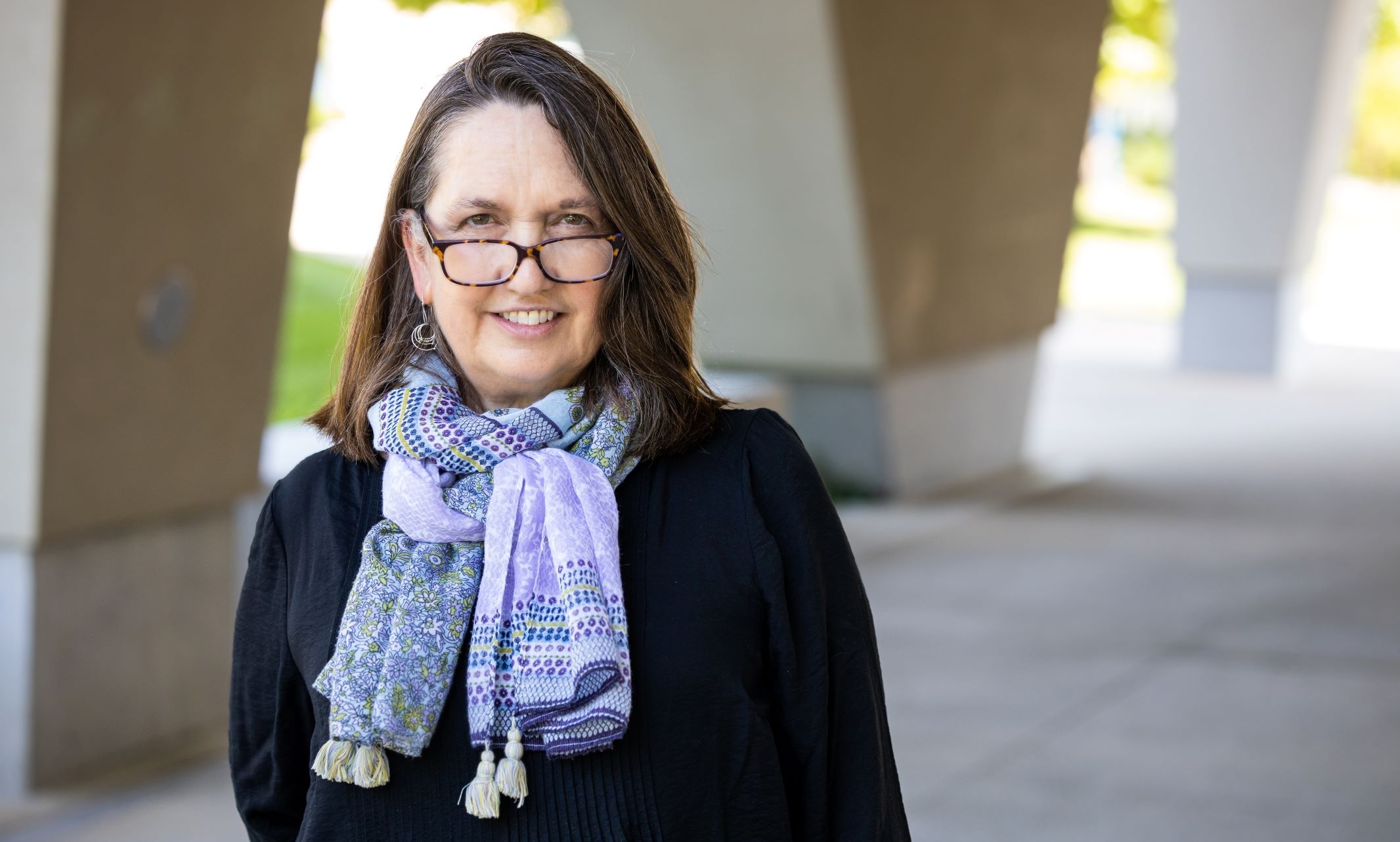Jane Greer, Curators’ Distinguished Teaching Professor at the University of Missouri-Kansas City is a champion of the rich opportunity of undergraduate research. She’s leading by example with her new book, “Unorganized Women: Repetitive Rhetorical Labor and Low-Wage Workers, 1834-1937.”
Through four case studies, Greer’s book examines women who worked for low wages – and sometimes no wages – and how they used their writing skills to empower their economic lives.
“I used four case studies and prioritized the diversity of women’s working experiences,” Greer says. “I started with women’s experiences in the 1830s and 40s, when they began working in factories. These women were some of the first who were working in ways other than some kind of home production. This was the first time women were working together in an industrialized setting.”
From the Lowell, Massachusetts “mill girls,” Greer proceeds to explore the lives of household workers, farm workers and finally, Kansas City’s own Nell “Nelly Don” Donnelly and the development of the International Ladies Garment Workers’ Union.
“There’s an amazing collection of 718 letters in the State Historical Society of Missouri that women workers wrote to Nelly Don about how they felt about how their jobs allowed them to lead lives they wanted to lead beyond the factory, and why they weren't necessarily interested in unionization. It’s an unusual and different kind of story.”
As were the women in her book, Greer was open to exploring new paths toward success. After completing her undergraduate studies at a small liberal arts college, and then earning her graduate degree at Ohio State University, she did not anticipate teaching at an urban research university.
“I was thrilled to have the opportunity to come to UMKC and Kansas City, and I fell completely in love with the students here. We have the most interesting, fantastic, wonderful-to-work-with students anywhere. And I think a lot of our faculty will tell you this.”
As director of undergraduate research at UMKC, Greer is committed to creating a rich research experience for UMKC undergraduates. One of her recent efforts is working in conjunction with a colleague to oversee student research in her “Women and Rhetoric” class to contribute audio tours for the Kansas City Women’s History Trail on the Clio app. Her partner in the effort is David Trowbridge, Ph.D., William T. Kemper Associate Research Professor in Digital and Public Humanities, who developed the Clio app.
“The opportunity and the content is so rich,” Greer says. “There's an educator who helped battle segregation in Johnson County before Brown v Board of Education; Eliza Burton Conley, an alumna of the Kansas City School of Law, who was a member of the Wyandotte nation who helped protect a tribal cemetery and was the first Native American woman to argue before the Supreme Court of the United States; and Nell Donnelly Reed, who is this interesting entrepreneur from the early 20th century. There's just a really wide range of women whose stories need to be told.”
The relevance and accessibility of a mobile history app is in line with Greer’s undergraduate research responsibilities.
“With undergraduate research, we find ways to bring our research mission and our teaching mission together,” Greer says. “If students are attending a public research institution, they should have the opportunity to do the research and be involved. That's part of what makes us unique. You wouldn't get this opportunity at a small liberal arts college or a regional teaching institution in quite the same way.”
“Unorganized Women: Repetitive Rhetorical Labor and the Low-Wage Workers, 1834-1937” is available in hard cover, Kindle and Nook.

